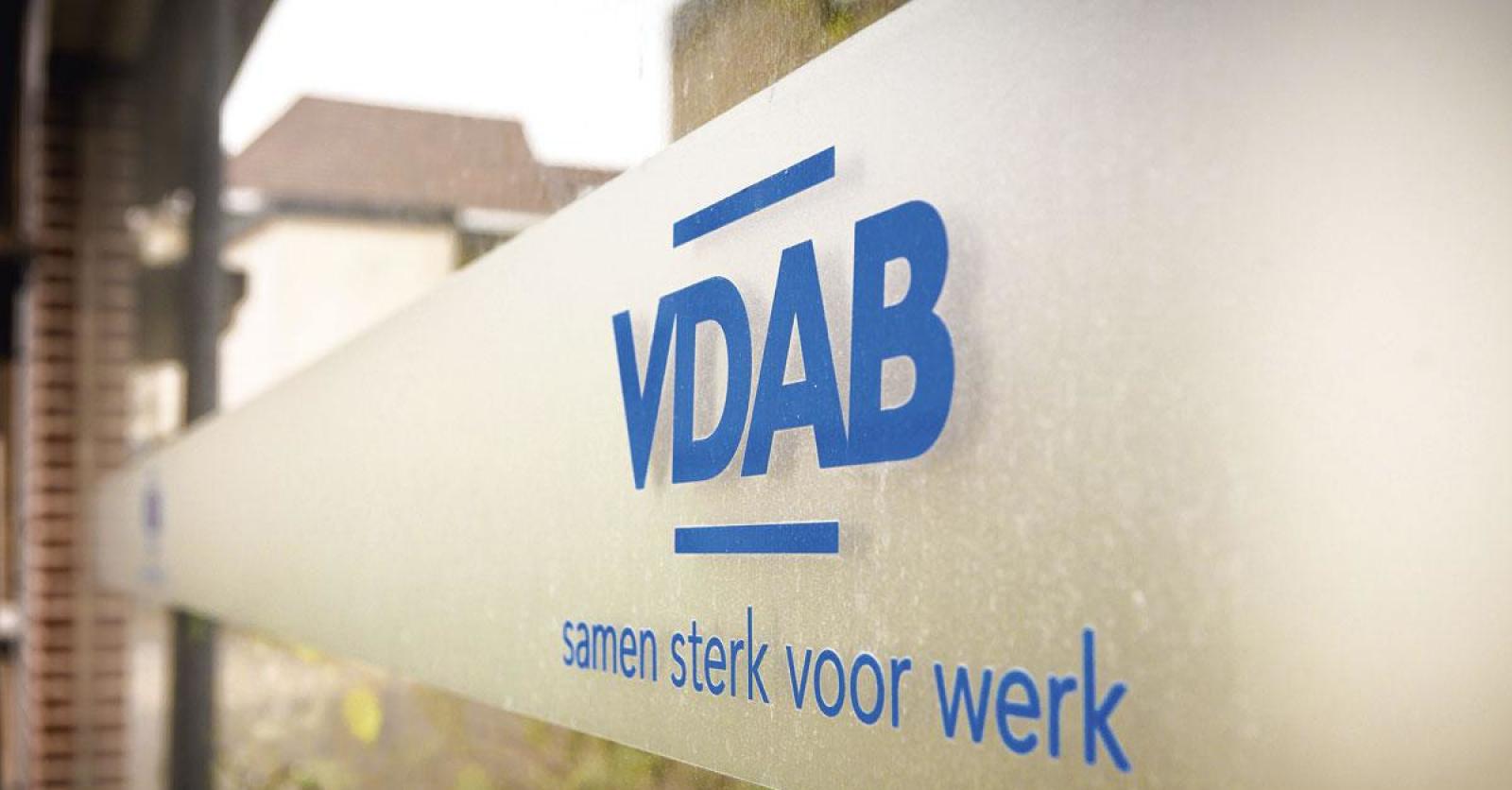The guidance that long-term unemployed people receive from the Flemish employment agency VDAB is inadequate, partly because it is not sufficiently tailored to the person concerned. This was pointed out by long-term job seekers themselves in a survey conducted by Flemish ABVV. The Socialist Union says that sometimes there is “institutional mistrust” towards the VDAB.
Read more below the video
In September, there were more than 92,000 job seekers in Flanders who had been looking for work for at least a year. Due to the tight labor market, they are sometimes accused of not wanting to work, or that it is their fault that they are still unemployed, Philippe Deventis, director of the ABVV Studies Service, said during a press conference. Through the research, the union wanted to “give the long-term unemployed a voice in the debate.”
Long-term unemployed people want to work
The research consists of a survey of just over 2,000 long-term unemployed people, as well as in-depth interviews, among other things. The results show that they want to work: 82% of participants indicated this. About 14% say they are no longer able to work, usually due to health problems (physical and/or mental), and 4% no longer want to work. “The latter, for example, are frustrated because they have already tried a lot, but they face barriers such as age discrimination,” said Caro van der Schueren of the Socialist Workers Union’s research department.
Insufficient guidance
The long-term unemployed point out that the VDAB does not help them enough to find work. More than a fifth say they have received no guidance, and another quarter have contacted the employment service a maximum of five times a year. The guidance itself is also disappointing for many job seekers. For example, they always have different intermediaries, which means that no bond can be built and there is no continuity. At different times, they have to perform the same tasks over and over again, such as crafting their resume and learning how to apply for jobs. Or they are encouraged to apply, but receive job offers that do not suit, for example, medical problems, etc.
Need for better support
In short, according to the trade union study, the long-term unemployed often feel like a number and lack a tailored approach to meet their needs. “The current (political) approach to long-term job seekers is not successful enough in creating a bridge to the labor market,” the Flemish ABVV concluded. “There is a need for more support, appropriate guidance and a sensible approach tailored to employment opportunities for long-term job seekers.”
The Flemish ABVV requires VDAB mediators to be given more space for a tailored approach and to take a more active role in the application process. “They should not ask unemployed people to ‘apply several times this week,’ but they should look for suitable job openings for the unemployed person in question, as well as advocate for that unemployed person to the employer,” says Deventis. Training must have a clear purpose. Nowadays, job seekers often consider this as cheap labor for the employer, without getting anything for themselves.
Part of the problem is that VDAB brokers “don’t have enough space to give job seekers with complex issues the space and time they request.” According to a rough estimate, each counselor mentors about 90 people. They simply don’t have the time right now to give everyone the attention they deserve. In this context, the union points out that the VDAB operates within a specific political framework and is therefore also dependent on political choices.
The Flemish ABVV appeals to politicians to strike a better balance, “by not only assessing the availability of job seekers, but also addressing barriers to employers and job vacancies.” For example, the union is demanding practical tests to prove discrimination in the labor market, for a return-to-work allowance for job seekers over 55 who return to work, and for the abolition of the phasing of unemployment benefits.
VDAB response
In response, the VDAB says that 90 percent of job seekers guided by the VDAB (including long-term job seekers) are satisfied with the service they receive. But one in five face a problem so widespread that they are currently unable to take steps toward action. This relates, for example, to the problem of poverty or well-being,” says VDAB CEO Wim Adriaens. “The first challenge is often gaining the self-insight necessary to recognize those barriers.” Adriaens adds that he “relies on ABVV as a board member VDAB to help people rely on the experience and evaluation of VDAB brokers, and to encourage everyone to take the maximum steps towards working on their own.”

“Total coffee specialist. Hardcore reader. Incurable music scholar. Web guru. Freelance troublemaker. Problem solver. Travel trailblazer.”







More Stories
GALA lacks a chapter on e-health
Weird beer can taste really good.
Planets contain much more water than previously thought